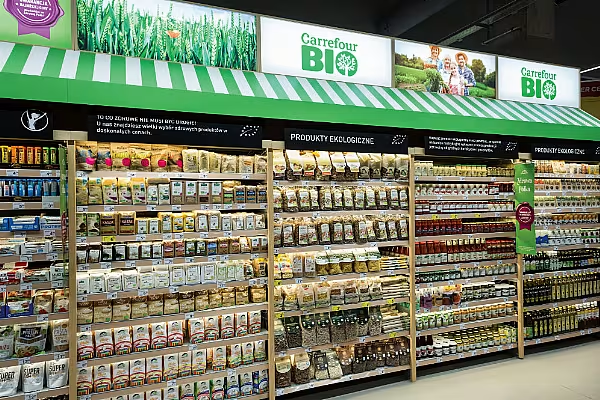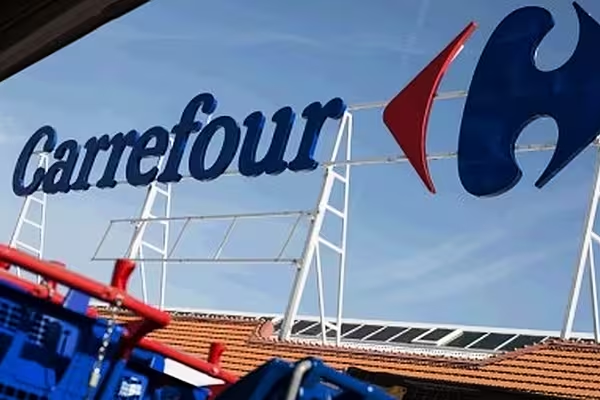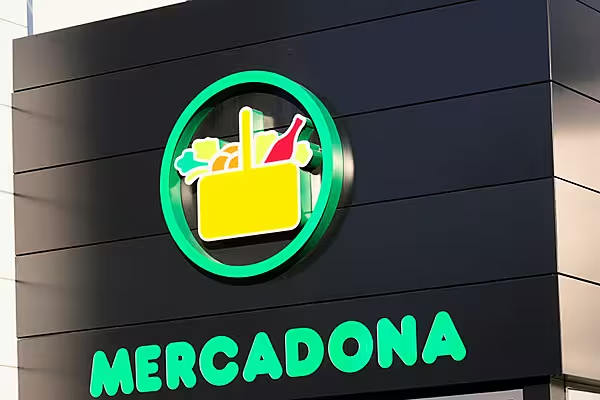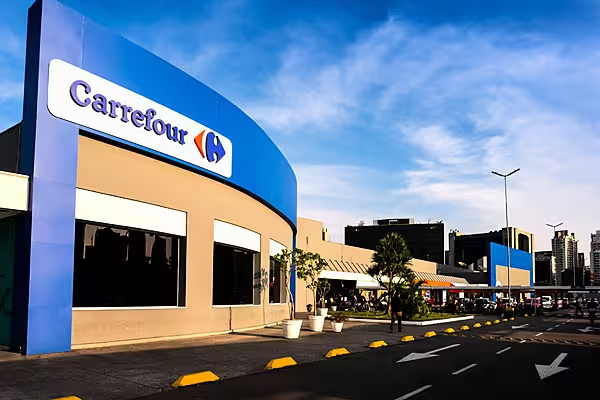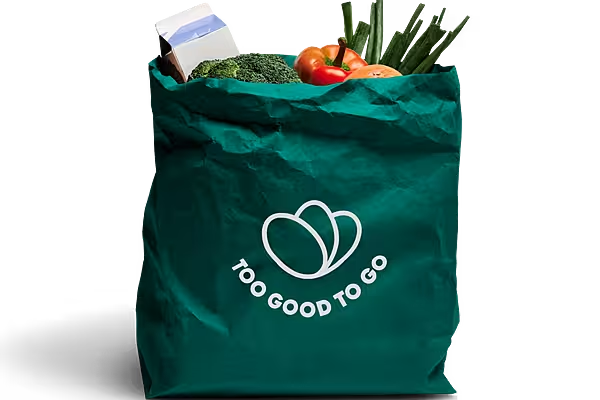As part of our Sustainability 2023 report, ESM caught up with industry leaders across a host of leading retail and consumer goods firms to discuss their ESG achievements to date, efforts made to tackle Scope 3 emissions, and what the current cost-of-living crisis means for sustainability – both for themselves and their consumer base.
Bertrand Swiderski, CSR Director, Carrefour
Sustainability can be a way for consumers to preserve their purchasing power, and to purchase healthy and quality products at a very affordable price. In line with its commitment to better eating, Carrefour offers economical and responsible alternatives, to enable its customers to eat healthily at an affordable price while protecting the planet.
To achieve this, the company has implemented a number of anti-waste solutions in France, which can reduce the cost of a typical basket for a family of four by 10% to 20%.
These include anti-gaspi baskets, composed of fruits and vegetables or fresh products, sold between 30% and 50% cheaper; the sale of products with short dates, but which are still perfectly consumable, offered at 30% to 50% less; and a ten-cent credit discount for customers who shop with their own containers in the butcher’s, fishmonger’s, pastry shop, delicatessen, or cheese shop in our stores.
CSR and Food Transition Index
At Carrefour, sustainability is at the core of the company’s strategy. To go further, we created the CSR and Food Transition Index, which is an indicator followed by all the company, aligned with the key axes of our CSR and food transition objectives. The variable income of Carrefour employees is linked to this index.
In addition, we try to go further still by working collaboratively with our key suppliers. We created the Food Transition Pact, a coalition of action on health, climate, biodiversity and packaging, with 37 of our top international suppliers. With this team, we launched concrete actions in store and online to drive sales towards healthy and sustainable behaviours and consumption.
Last year, Carrefour unveiled its target to contribute to carbon neutrality by 2040 on its direct activities – Scopes 1 and 2 – while it is also engaged across the full scope of its indirect emissions – Scope 3 – and, in particular, the impact concerning the use and manufacture of products sold. This represents the largest part of Carrefour’s emissions.
Online Collaboration
The group’s ambition is to engage its suppliers to reduce 20 megatonnes of CO2 by 2030 (versus 2019). To track its progress and to engage its partners, Carrefour has launched a collaborative online platform – open to all its suppliers – where they can report progress and share their actions to reduce their carbon emissions.
This platform will enable the group to monitor the commitments and progress of its suppliers in its fight against global warming and to highlight innovative actions.
The platform was developed within the framework of the climate working group of Carrefour’s Food Transition Pact, co-led by PepsiCo and including the participation of Beiersdorf, Bel, Coca-Cola, Danone, Essity, Heineken, Henkel, Innocent, JDE, Johnson & Johnson, Kellogg’s, Kimberly-Clark, L’Oréal, Mars, Nestlé, Procter & Gamble, Reckitt, Savencia, Unilever and more.
This article first appeared in ESM’s November/December 2022 edition.
© 2022 European Supermarket Magazine – your source for the latest retail news. Article by Stephen Wynne-Jones. Click subscribe to sign up to ESM: European Supermarket Magazine.
